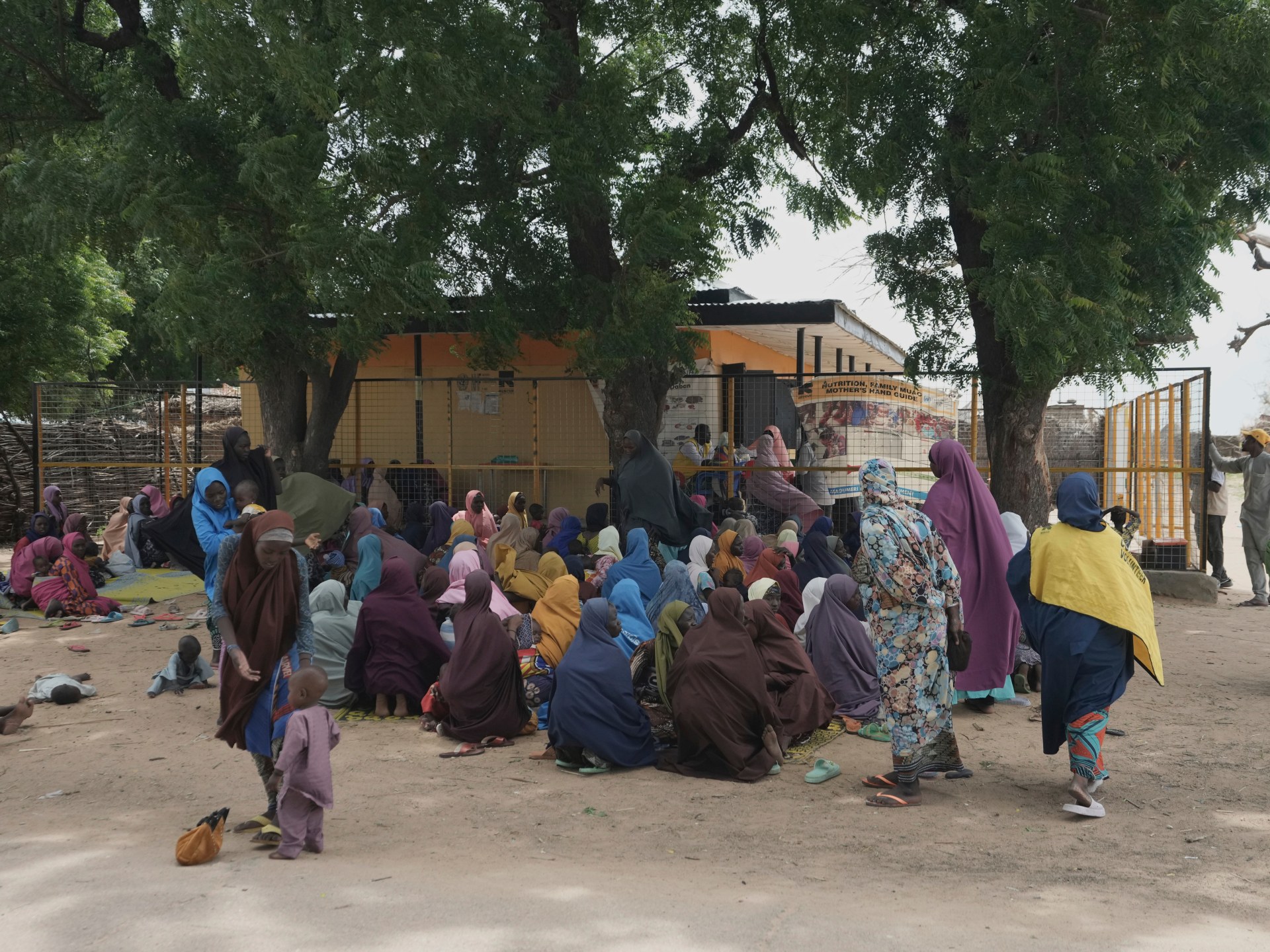The World Food Programme (WFP) has warned that armed attacks, instabilities, and aid cuts are causing northern Nigeria to experience record levels of hunger.
In a report released on Tuesday, the United Nations agency predicted that nearly 35 million people in the north of the nation would be “exposed to severe food insecurity” between May and September 2026.
Recommended Stories
list of 3 itemsend of list
The figure is the highest it has been recorded by the organization since monitoring began in Nigeria, which is the most populous nation in Africa.
Borno State, which has suffered the brunt of “armed insurgent attacks” over the past 16 years, will be a target of a projected 15, 000 people in “catastrophic hunger” or “famine-like conditions,” according to the report.
According to the WFP, children in Borno, Sokoto, Yobe, and Zamfara are at their highest rates of malnutrition. Borno, Adamawa, and Yobe states, which are primarily made up of rural farming communities, have a population of almost six million people without the basic minimum food supplies.
According to David Stevenson, WFP’s Nigeria country director, “the advance of insurgency poses a serious threat to stability in the north, with consequences extending beyond Nigeria.” “Repeated attacks and economic stress are putting communities under severe pressure.”
In addition to Boko Haram in the northeast, armed gangs in the country’s center and northwest carry out attacks on villages, kill residents, and kidnap people for ransom.
Three large kidnappings have occurred in the country over the past week.
On Friday, gunmen abducted at least 303 students and 12 teachers from the Saint Mary’s Catholic School in the Niger State of north-central Nigeria.
During a livestreamed service in Kwara State, 38 people were snatched from a church in the neighboring Kebbi State, along with 25 Muslim high school girls, and 38 women were killed there.
As international organizations attempting to assist the world’s ailing populations face increasing funding challenges, the situation is expected to worsen in Nigeria and the region.
More than 300,000 children were affected by the WFP’s reduction of its nutrition program in Nigeria in July, which increased malnutrition from “serious” to “critical” in the third quarter of 2025.
Share this:
Related
Source: Aljazeera

Leave a Reply